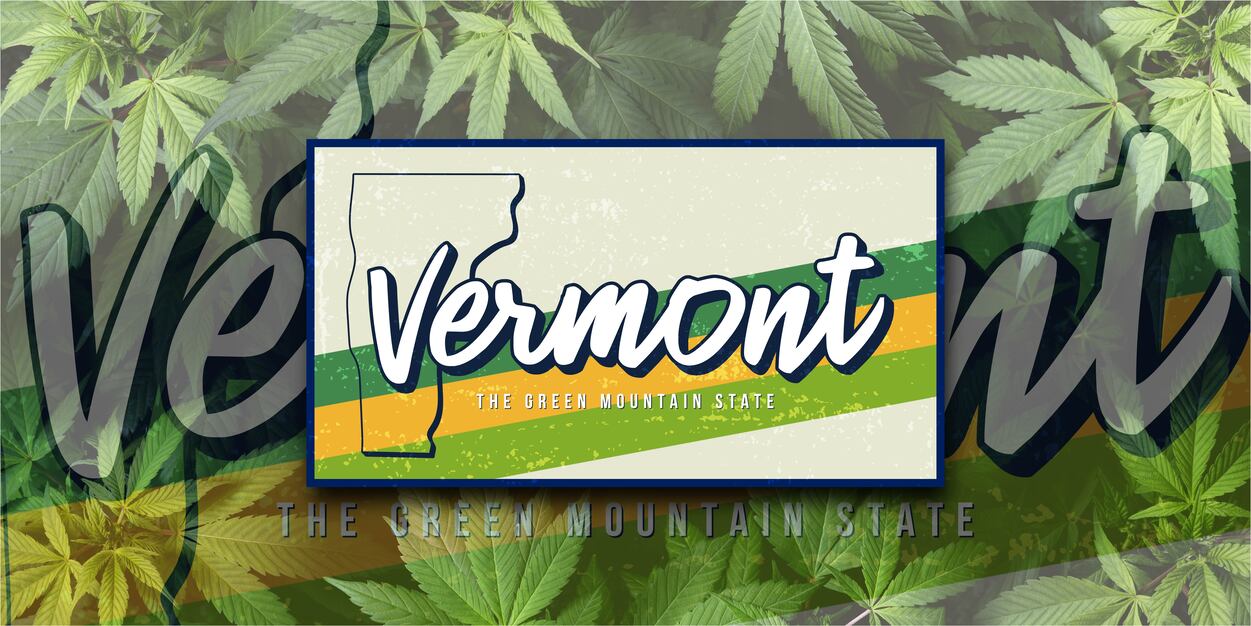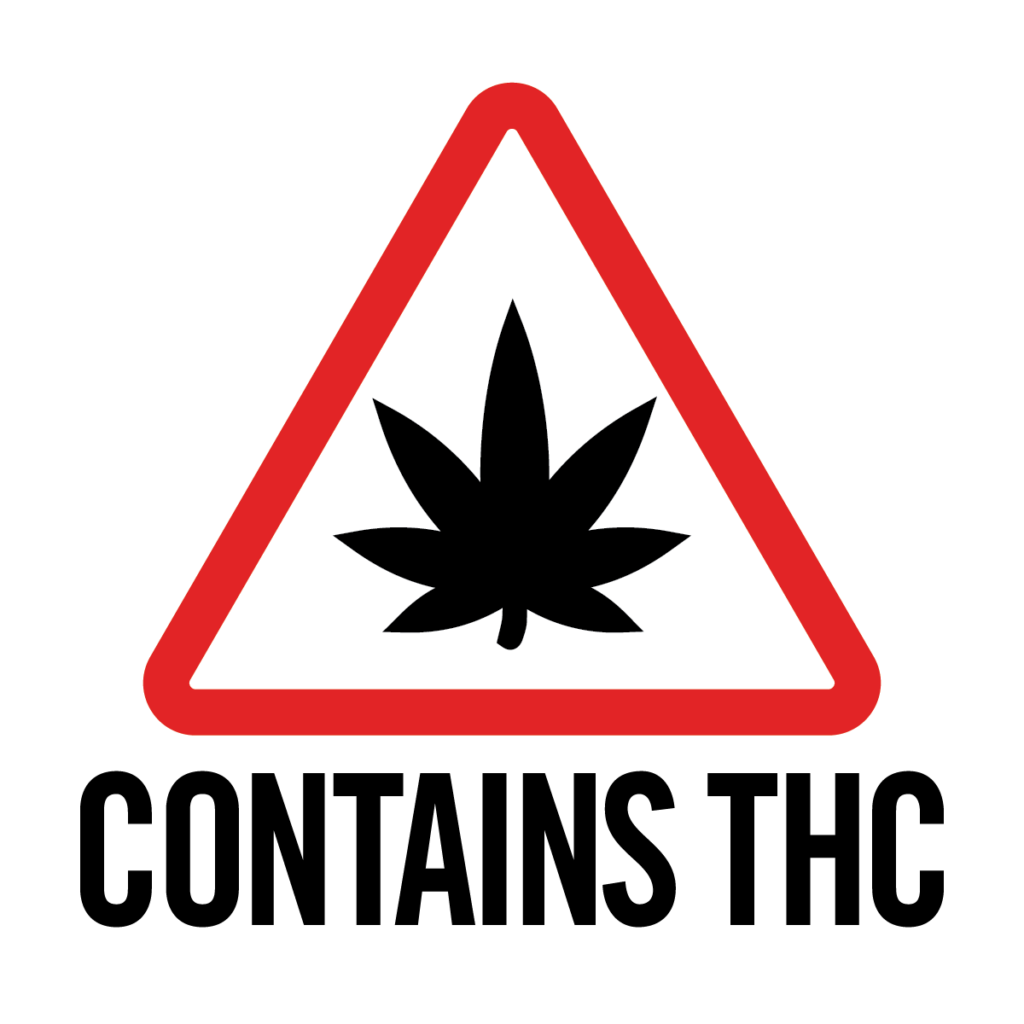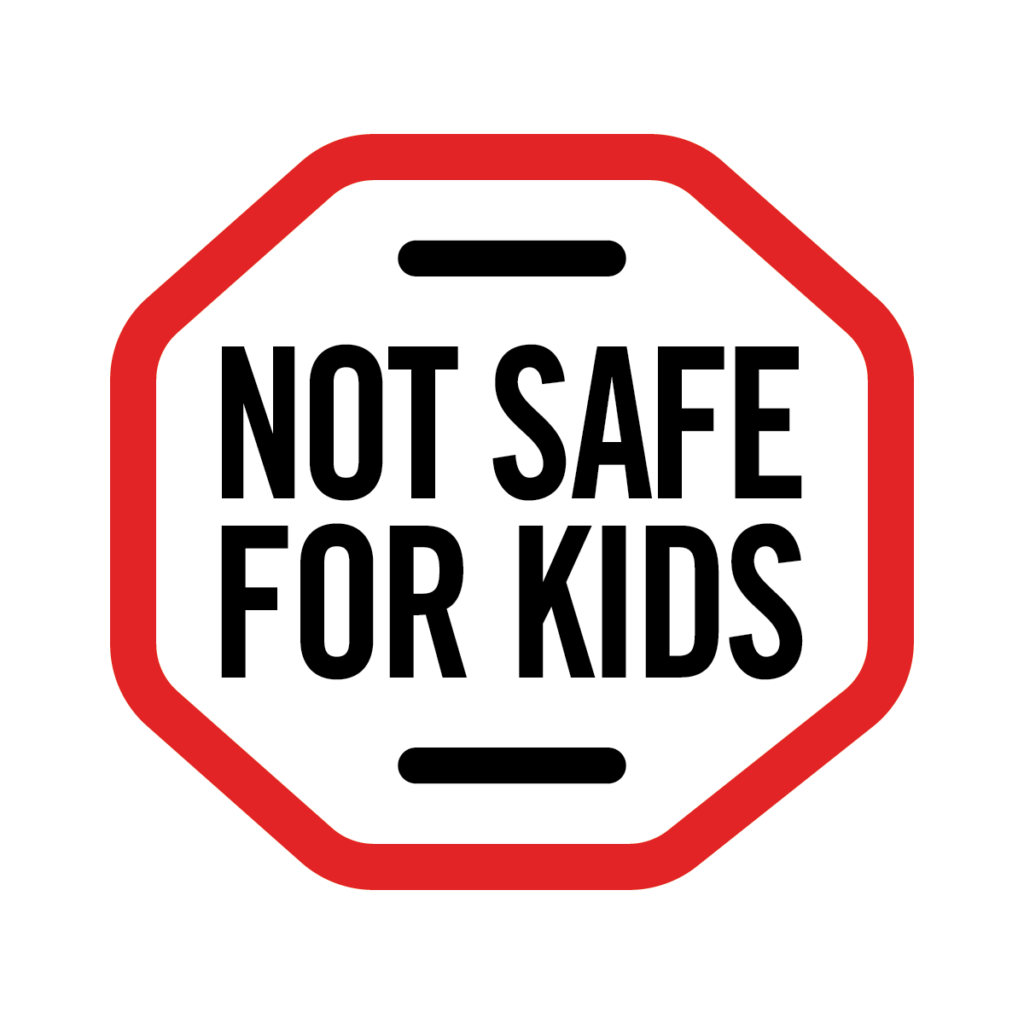Vermont Cannabis Packaging Laws and Label Requirements

With some of the best scenic nature around, it’s no surprise that Vermont has become a popular cannabis destination. If you’re a business owner, it’s in your interest to ensure all products you produce follow Vermont cannabis packaging laws.
These laws ensure a few different elements of the customer experience:
- Ability to identify brands
- Garner essential information on the product
- Determine whether or not it’s the right purchase for them
Beyond this, regulations ensure manufacturers provide safe and transparent products for customers.
That said, you need to know Vermont’s cannabis packaging laws to make it in this industry. Still, that can be an overwhelming task if you’re new here. Not to fret! Our updated guide covers you with everything you need to know.
Do Cannabis Products Follow All the Packaging Regulations?
The cannabis packaging and labeling laws are important for both buyers and sellers.
For a seller, it’s important to follow the state cannabis packaging and labeling laws to avoid any legal punishments for non-compliance.
Buyers must know the product comes from an authentic seller who’s aware of the repercussions of not following the regulations. This maintains the legitimacy of the product.
In fact, in Vermont, only a registered dispensary is allowed to package and sell marijuana in an envelope or a container mentioning “intended for sale.” Therefore, the label on all packaged marijuana is a must. It must also mention other necessary information, such as the strain type and weight (in ounces or units).
Although there are some universal cannabis regulations, we will differentiate the unique and common state-wise cannabis packaging and labeling laws. However, the main purpose of this article is to educate people about Vermont specifically.
Crucial Elements of State-by-State Guidelines
- The minimum amount or net weight of the package
- The license, batch, and serial number of the cultivation facility
- Chemical info (THC, CBD potency)
- Strain info (Indica, Sativa, or Hybrid)
- Dates (cultivation, testing, expiry, etc.)
- Necessary warnings
- Child-proof packaging
- Tamper-proof packaging
- Re-sealable packaging
- Mandatory Universal logo/symbol
- Optional “Not Safe for Kids” logo
- Dimensions and color of the logo
- Other additive or contaminants info on the label
Vermont Cannabis Packaging Laws
The Vermont state follows strict compliance to laws and regulations for the dispensing of marijuana and derived products.
The Vermont state’s caregivers and dispensaries also ensure that the product is dispensed only to a qualifying patient. In fact, patients and Vermont caregivers are liable to display a qualifying entitlement to buy cannabis products.
Universal Symbol
Package identification (i.e. the icon or logo) is the first indicator to separate a cannabis product packaging from any other product. To indicate that a consignment holds marijuana, all the sellers should paste universal symbols to label the packages or containers.
Following compliant cannabis packaging in Vermont, the container may not have any depiction of the product, cartoon characters, or images (except the establishment’s logo).

It’s also mandatory to have the universal symbol on each cannabis parcel. It features a red triangle crowned over a black-colored text that says ‘Contains THC,’ stamped with a black Marijuana leaf in the center.

While optional the other symbol is equally as important. It says “Not Safe for Kids” and is enclosed in a red octagon.
The color and size of the symbol are also important to avoid confusion and reflect that full compliance is followed. When used on the marketing layer, the universal and optional symbols/ icons must be reproduced in black and red.
It is not acceptable in the Marijuana Legalization Act (H.511) to use a logo that’s recreated, distorted, pixelated, and stretched. To follow full compliance, you’re also required not to change the icon color or use it on a dark background.
Package and Label Guidelines
- Only a registered dispensary shall package all marijuana dispensed in an envelope or other container used and intended for sale.
- A label shall be affixed on the packaging of all dispensed marijuana. The label shall mention the particular strain and the weight of cannabis contained within the package in gram or ounce units. Marijuana strains shall reflect the properties of the plant.
- Moreover, the label shall contain a statement to the effect that the State of Vermont does not attest to the medicinal value of cannabis, a statement that this product is not for resale, and clearly identifies that “marijuana” is contained within the packaging.
- The dispensary shall verify the amount of all marijuana dispensed.
- Documentation shall be made containing at a minimum the name and registry identification number of the registered dispensary, cardholders verifying the amount of Marijuana, and any errors identified.
Environmental Factors
All cannabis packaging in Vermont needs to be reusable and cannot be plastic. Examples of reusable, non-plastic packaging options include:
- Bamboo
- Cardboard
- Glass
- Tin
Under state guidelines, plastic packaging is defined as “a synthetic material made from linking monomers through a chemical reaction to create a polymer chain that can be molded or extruded at high heat into various solid forms…”
Admittedly, Vermont offers some leeway when it comes to plastic packaging. Such resources are allowed if you can demonstrate difficulty in securing non-plastic packaging for the following reasons:
- unavailability of non-plastic packaging;
- inability to achieve child resistance; or
- necessity to preserve shelf-life stability, prevent contamination of cannabis or cannabis products, or avoid exposure of these products to toxic or harmful substances.
In such cases, you must propose packaging alternatives. In such cases, you can fill out a form through the state’s Cannabis Control Board.

Final Word
Still, you shouldn’t have an issue sourcing sustainable cannabis packaging in Vermont. If you do, we’re here to help! Custom 420 offers a variety of environmentally friendly options that ensure you meet Vermont’s compliance laws.
Want to learn more? We invite you to reach out through our Contact Page.
